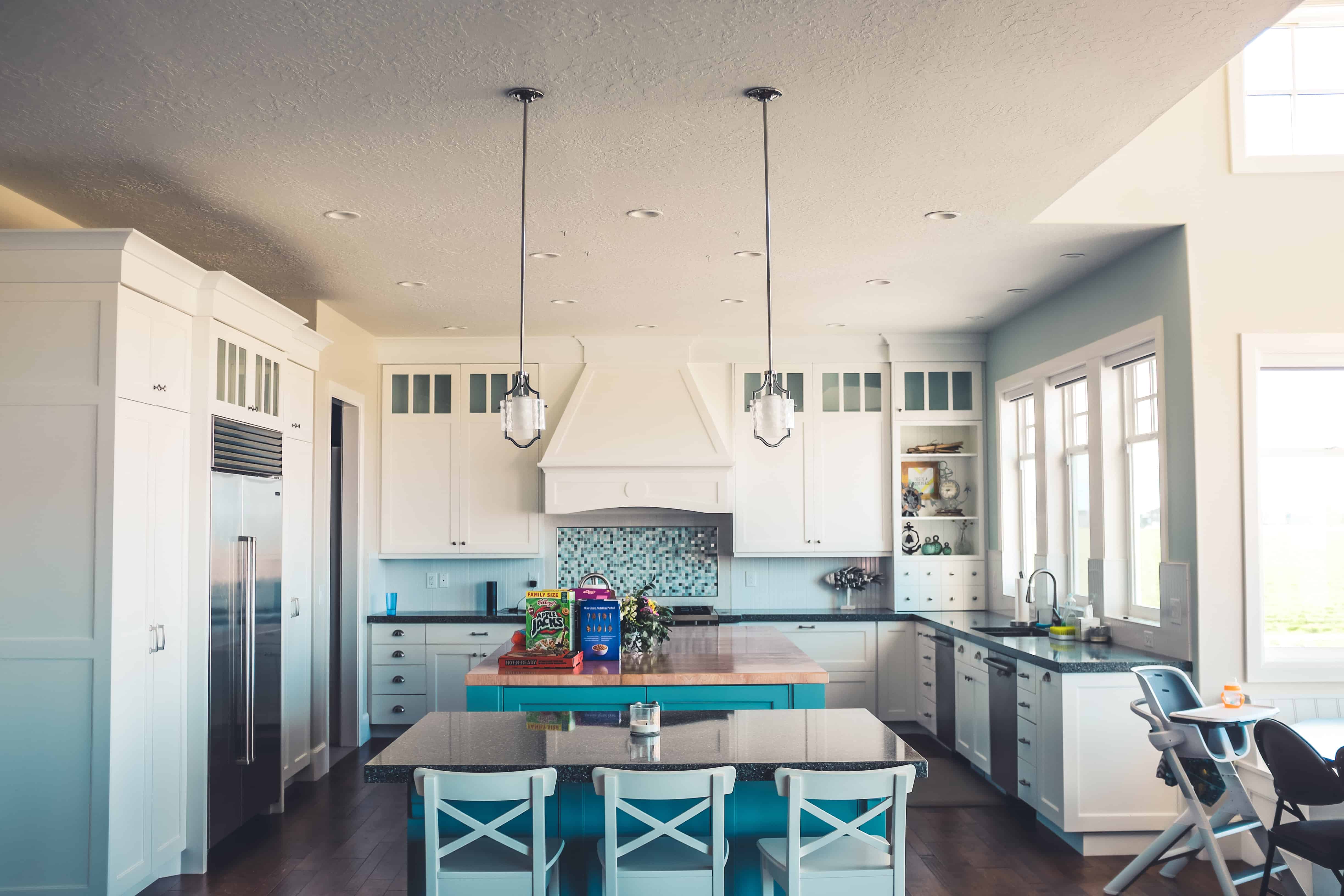How to Keep Your Rental Apartment in Great Condition
As a renter, you’ve put significant time and effort into finding the right place to live. Whether you’re planning on staying just for this lease or you’d like to stay long-term, you have every reason to call your apartment or condo home. While the property manager is ultimately responsible for any needed maintenance and upkeep, there is a role renters can play in keeping the property in good condition. In this article, we’ll review why you should care about the condition of the rental and the steps you can take to care for its countertops, cabinets, and more.
Why you should care about the condition of your rental
No matter what city, county, or state you live in, renters have some degree of responsibility for the upkeep and maintenance of the property. Overall, it’s in your best interest to care for the place where you live. Here’s why:
- You live there: Let’s start with the apparent consideration. You have a vested interest in keeping the apartment, condo, or home nice because you’re going to be living there for the rest of your lease. While no one expects you to go out of your way to make upgrades, some degree of upkeep and care for the rental are expected.
- Your rental deposit: In most typical rental agreements, the property owner holds a specific amount of money in the reserve to cover the cost of any needed repairs due to the wear-and-tear put on the property by the renter. In other words, the less wear-and-tear you cause, the less your landlord has to spend fixing up the place, and the more you get back. You have a financial incentive to keep the property in good shape.
- Your reputation: Most property owners now ask prospective renters for a list of references to prior places they’ve lived. If you have a history of not taking care of your rentals—or, worse, actively damaging them during your lease—you may find it challenging to get into the best properties in the future.
Care for the countertops
From stains and discoloration to accident knife gouges, kitchen countertops commonly get damaged by renters during their lease. The good news is that such accidents are easy to avoid if you understand how to clean and care for the countertops.
Cleaning granite and quartz countertops
Use the right cleaning products on your stone counters. With granite, avoid using acidic or citrus-based cleaners, as these can do long-term damage to the sealant and cause etching on the countertop surface. Instead, use a combination of warm water and dish soap to gently wipe clean the countertop with a soft rag. This procedure should ensure a clean surface without harming it.
In addition to acidic cleaners, you should also avoid cleaning your granite or quartz countertops with:
- Steel wool – scratch the stone.
- Certain bleaches – cause discoloration.
- Cheap oven cleaners – lead to staining.
Avoid stains and burns
Granite and quartz countertops are famous for their durability and resistance to stain, heat, or knife damage. However, that doesn’t mean these counters are impervious to all forms of damage. Here are some things to watch out for:
- Granite: Granite has superior heat resistance, but we recommend playing it safe and not pushing its boundaries. Use hot pads and trivets under dishes coming right off the stove or directly out of the oven. You should also note that anything acidic—such as lemon juice or vinegar—can lead to “etching” on the countertop. Quickly clean up any spills to avoid stains.
- Quartz: Unlike granite countertops, the resin sealant in quartz can be damaged by high heat. It would be best if you use trivets or hot pads when placing hot pans or dishes on the surface. Quartz is stain-resistant and durable against cuts and scrapes. However, it’s far from invulnerable: spilled wine needs to be cleaned as fast as possible, and you should always use a cutting board when slicing and dicing veggies for dinner.
- Butcher Block: The wood of butcher block looks great, but is vulnerable to water damage, stains, and cuts. Use this section of countertop only for light, non-liquid food prep to avoid damage. Never use the butcher block as a substitute for a cutting board.
Keep the kitchen and bathroom cabinets in great shape
All kitchen cabinets have nicks and scratches that come from the wear of everyday use. In your rental, you can and should take proactive steps to protect the kitchen and bathroom cabinets. Here are a few places to start:
Use cabinet liners and organization tools
As kitchen and bathroom cabinets get used, they experience significant wear-and-tear. As a renter, you can limit the extent of this damage and keep the cabinets in great shape with just a few quick precautions. First, consider putting disposal liners inside of the cabinet drawers and shelves. These will prevent cooking grease from pans and moisture from freshly washed dishes from damaging the wood.
Organization tools and inserts can also help protect cabinets from damage. These tools make it easier to retrieve items from the depth of the cabinets without having to rummage around or move items out of the cabinet regularly. In the pantry, they also make finding cans and other food items more convenient for you.
Watch for leaks and spills
The presence of water can cause substantial damage to the kitchen and bathroom cabinets. Most often, this occurs underneath the bathroom or kitchen sink when a pipe or drain begins leaking. As water accumulates, it begins to either warp the shape of the wood (as is the case with hardwood cabinets) or cause the material to start falling apart altogether (which occurs to particleboard).
The first step is to address the source of the problem – have the leak fixed as soon as possible. As soon as you notice it, talk to the property owner about the leak and what you’ve observed. Dealing with leaks and water damage promptly can help minimize any damage, cleanup, and interruption to your life inside the home. Cabinets that are deeply damaged may need to be replaced, but—in most cases—cabinets can be cleaned, refinished, and restored to like-new condition.
There are perks to being a good tenant
By caring for the rental, you’ll not only keep it in great shape for the remainder of your lease, but you’ll also have a much better chance of getting your entire deposit back when you move out. When the next renter moves in, they’ll be happy to see that their predecessor took care of the property.
Written by Samantha Jonhnson, senior editor and communications specialist at Superior Stone & Cabinet , the go-to source for custom and wholesale countertops & cabinets in sunny Phoenix, AZ. When not in the office, Samantha really enjoys gourmet cooking and traveling with her pup. She is also an avid reader.






Write Your Comment